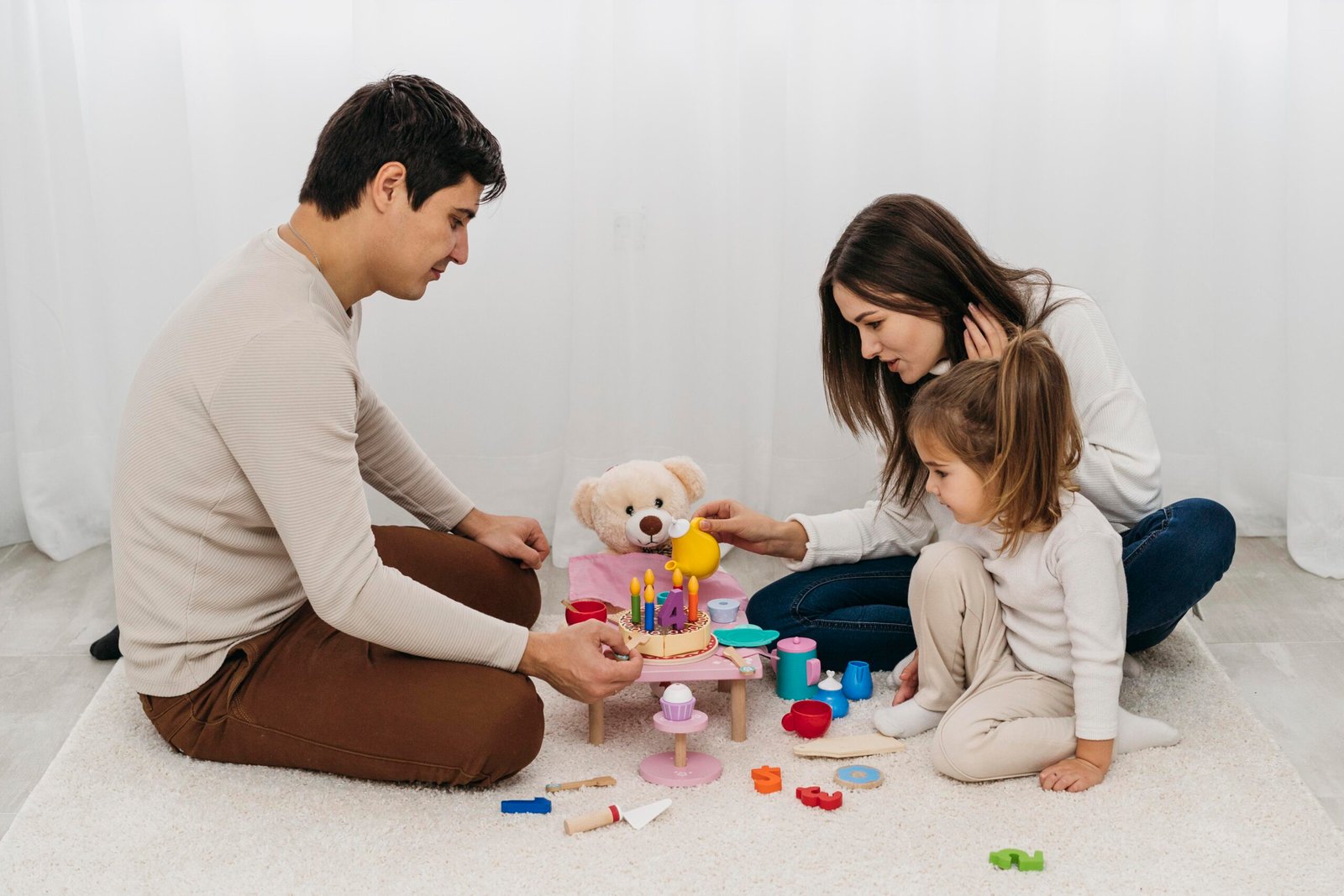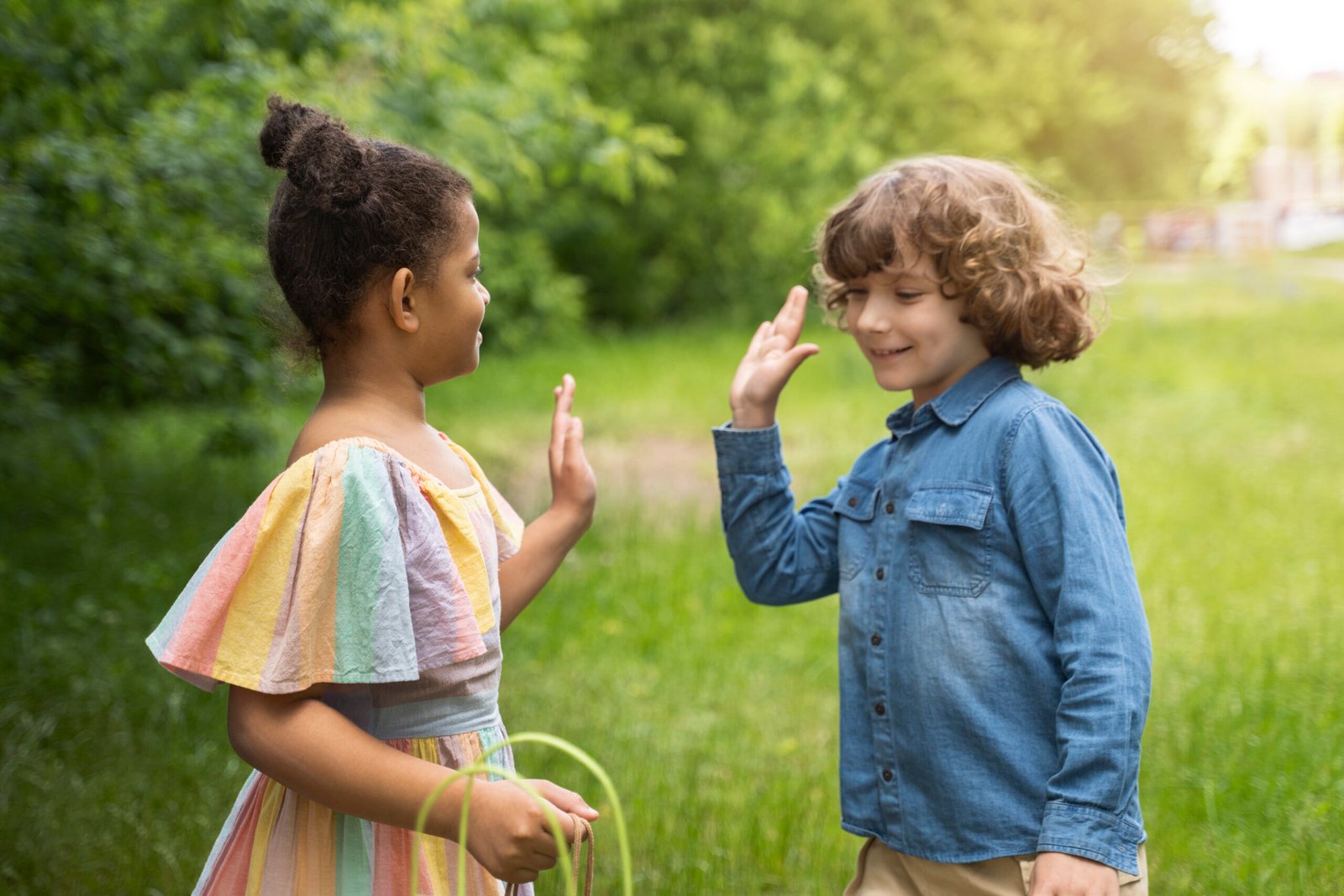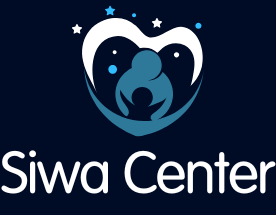Strengthening family understanding and involvement means encouraging open communication, mutual respect, and active participation among family members in each other’s lives. It involves helping families better understand individual needs, especially those of children, and working together to support growth, learning, and emotional well-being. Increased involvement from family members—such as attending school events, supporting at-home learning, or simply spending quality time—builds stronger bonds and creates a more supportive and nurturing environment. This collaborative approach promotes healthier relationships and helps individuals feel valued, secure, and motivated.
Service
Strengthening family understanding and involvement
Strengthening family understanding and involvement means encouraging open communication, mutual respect, and active participation among family members in each other’s lives. It involves helping families better understand individual needs, especially those of children, and working together to support growth, learning, and emotional well-being. Increased involvement from family members—such as attending school events, supporting at-home learning, or simply spending quality time—builds stronger bonds and creates a more supportive and nurturing environment. This collaborative approach promotes healthier relationships and helps individuals feel valued, secure, and motivated.


Encouraging independence and school readiness
Encouraging independence and school readiness involves helping individuals, especially young learners, build the confidence and skills needed to take care of themselves and adapt to structured learning environments. Independence includes tasks like making choices, following routines, managing personal belongings, and completing simple responsibilities without constant support. School readiness focuses on developing early academic abilities, attention skills, social interaction, and emotional control needed to succeed in a classroom setting. Together, these areas prepare individuals to be confident, capable, and ready to learn and grow in both educational and everyday settings.
Improving behavior and social interaction
Improving behavior and social interaction focuses on helping individuals develop positive habits, respectful attitudes, and effective ways of engaging with others. It includes learning how to follow rules, manage emotions, show empathy, and respond appropriately in different social situations. By improving behavior, individuals become more responsible and self-aware. Enhancing social interaction skills—such as sharing, cooperating, listening, and communicating politely—helps build healthy relationships and creates a more supportive environment in both personal and community settings. These skills are essential for overall emotional development and successful participation in society


Building essential life and communication skills
Building essential life and communication skills involves developing the core abilities needed to navigate daily life, interact effectively with others, and adapt to various social and professional situations. Life skills such as decision-making, time management, problem-solving, and emotional control help individuals manage responsibilities and challenges confidently. Communication skills, including active listening, clear speaking, and understanding non-verbal cues, are crucial for building strong relationships and working well with others. Together, these skills form the foundation for personal growth, social development, and success in both personal and professional life.
Encouraging independence and school readiness
Encouraging independence and school readiness involves helping individuals, especially young learners, build the confidence and skills needed to take care of themselves and adapt to structured learning environments. Independence includes tasks like making choices, following routines, managing personal belongings, and completing simple responsibilities without constant support. School readiness focuses on developing early academic abilities, attention skills, social interaction, and emotional control needed to succeed in a classroom setting. Together, these areas prepare individuals to be confident, capable, and ready to learn and grow in both educational and everyday settings.
Improving behavior and social interaction
Improving behavior and social interaction focuses on helping individuals develop positive habits, respectful attitudes, and effective ways of engaging with others. It includes learning how to follow rules, manage emotions, show empathy, and respond appropriately in different social situations. By improving behavior, individuals become more responsible and self-aware. Enhancing social interaction skills—such as sharing, cooperating, listening, and communicating politely—helps build healthy relationships and creates a more supportive environment in both personal and community settings. These skills are essential for overall emotional development and successful participation in society
Building essential life and communication skills
Building essential life and communication skills involves developing the core abilities needed to navigate daily life, interact effectively with others, and adapt to various social and professional situations. Life skills such as decision-making, time management, problem-solving, and emotional control help individuals manage responsibilities and challenges confidently. Communication skills, including active listening, clear speaking, and understanding non-verbal cues, are crucial for building strong relationships and working well with others. Together, these skills form the foundation for personal growth, social development, and success in both personal and professional life.

